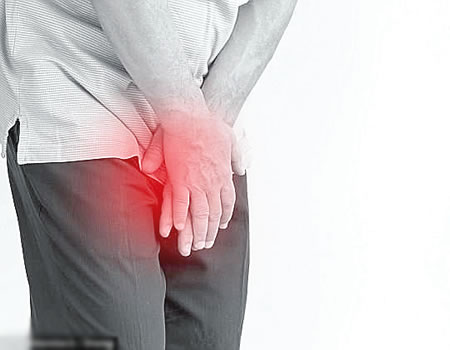I am a scheduled for an operation to remove my prostate. Kindly let me know what to expect after having my prostate removed.
Amadi
After undergoing a prostate removal surgery, also known as a prostatectomy, whether it’s a radical prostatectomy (removing the entire prostate) or a partial prostatectomy (removing part of the prostate), there are several things you can expect during your recovery and beyond. Keep in mind that everyone’s experience can vary, and it’s essential to follow your doctor’s advice and recommendations. Depending on the type of surgery and your overall health, you may stay in the hospital for a few days after the surgery. Your medical team will monitor your condition, manage pain, and ensure that you are recovering well. Pain and discomfort are common after surgery. Your doctor will prescribe pain medications to help manage this during your recovery. In most cases, a urinary catheter will be inserted to help drain urine from your bladder while you heal. The catheter will typically stay in place for a week or two, but this can vary based on your individual circumstances. After the catheter is removed, you may experience temporary urinary incontinence or leakage. It may take some time for your urinary control to return to normal, and pelvic floor exercises can help improve this over time. Depending on the type of surgery and your age, there is a risk of erectile dysfunction (ED) after prostatectomy. Nerve-sparing techniques can help preserve erectile function, but it may still take time to regain potency. Your doctor can discuss options for managing ED if it occurs. Regular follow-up appointments with your urologist or surgeon will be scheduled to monitor your recovery, address any concerns, and discuss long-term outcomes. The removed prostate will be examined by a pathologist to determine the extent and nature of the prostate condition. This report will guide further treatment decisions and provide information about the cancer›s characteristics (if applicable). Remember that recovery can take time, and it›s crucial to be patient with yourself. Each person›s recovery journey is unique, and your medical team will guide you through the process. If you have any concerns or questions, always consult your healthcare provider for personalized advice.
READ ALSO FROM NIGERIAN TRIBUNE






